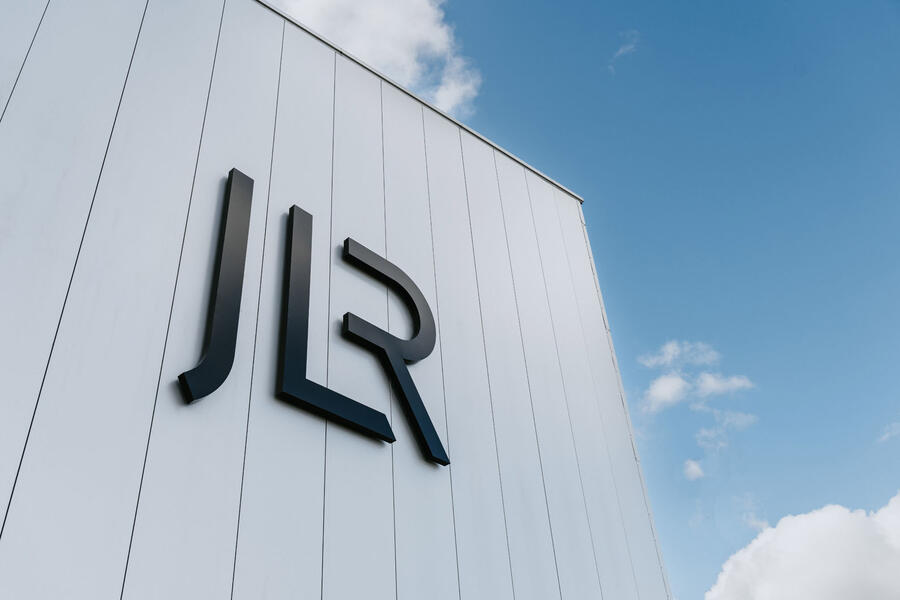Workers within the JLR supply chain are being told to apply for Universal Credit as the effects of the cyber attack on the British car maker continues well into its third week.
The claim comes from workers union Unite, which also alleges that suppliers are moving workers onto reduced or zero-hour contracts as they battle to stay afloat.
Earlier reports suggested that some suppliers “will go bust” as a result of the ongoing issues at JLR.
Unite general secretary Sharon Graham said the union has written to the UK government demanding it set up a furlough scheme to take the pressure off suppliers by supplementing workers’ pay packets while they’re unable to do their jobs.
“Workers in the JLR supply chain must not be made to pay the price for the cyber attack,” said Graham. “It is the government’s responsibility to protect jobs and industries that are a vital part of the economy.”
Graham cited a similar scheme set up on 15 September by the Scottish government to support bus maker Alexander Dennis and said “a similar scheme for workers in the JLR supply chain [should be set up] now”.
The news comes a day after JLR confirmed global car production will not restart until 24 September at the earliest, as it continues to rebuild the internal computer systems that were infiltrated by hackers on 1 September.
This has led to production shutdowns at all of JLR's global plants, created issues with parts ordering and stifled retailers.
The effect could be costing JLR up to £5 million a day, business economics professor David Bailey told Autocar last week.
Since the cyber attack, the majority of JLR’s employees have been off work.
It's understood that JLR bosses will meet with ministers today (17 September) to discuss support measures for its plant workers, although the Jaguar and Land Rover maker has yet to confirm this.
JLR suppliers 'will go bankrupt'
Recent reports have claimed that some of the firm's suppliers could go bust as a result of the shutdowns.
Former Aston Martin CEO Andy Palmer told the BBC on 12 September: “I would not be at all surprised to see bankruptcies.”
Palmer added that many suppliers will soon begin to slim their staff count as a result of the shutdown, saying: “You hold back in the first week or so of a shutdown; you bear those losses. But then you go into the second week, more information becomes available – then you cut hard. So layoffs are either already happening or are being planned."










Join the debate
Add your comment
“Workers in the JLR supply chain must not be made to pay the price for the cyber attack,” said Graham. “It is the government’s responsibility to protect jobs and industries that are a vital part of the economy.”
I agree, they shouldn't be made to pay the price and it is governments responsibility to protect jobs. But given the latest published results gave JLR a post tax profit of £1.8bn, the gov should have JLR refund the taxpayer. Simples.
If a bunch of keyboard warriors can ring a global company to a standstill, and it seems for as long as they like,then, isn't this something governments should be actively helping because this could effect the global economy and make our lives a bit harder.
Many moons ago, I worked in IT for a merchant bank. Part of my job was contingency planning, the question being how soon can we have our systems up and running after a disaster? That disaster also included loosing our hardware, not just our software and/or comms.
It still amazes me how little money business invests in disaster recovery. If we were able to have at least a functioning system up and running within 24hr all those years ago, it's beyond comprehension why businesses today are being held to ransom for such a length of time. There's no doubt banks today will be under constant attack. How many times have you heard of a bank being brought to ransom?
Is it because their accountants can't see any return on contingency planning, or are they simply taking the gamble that it won't happen to them?